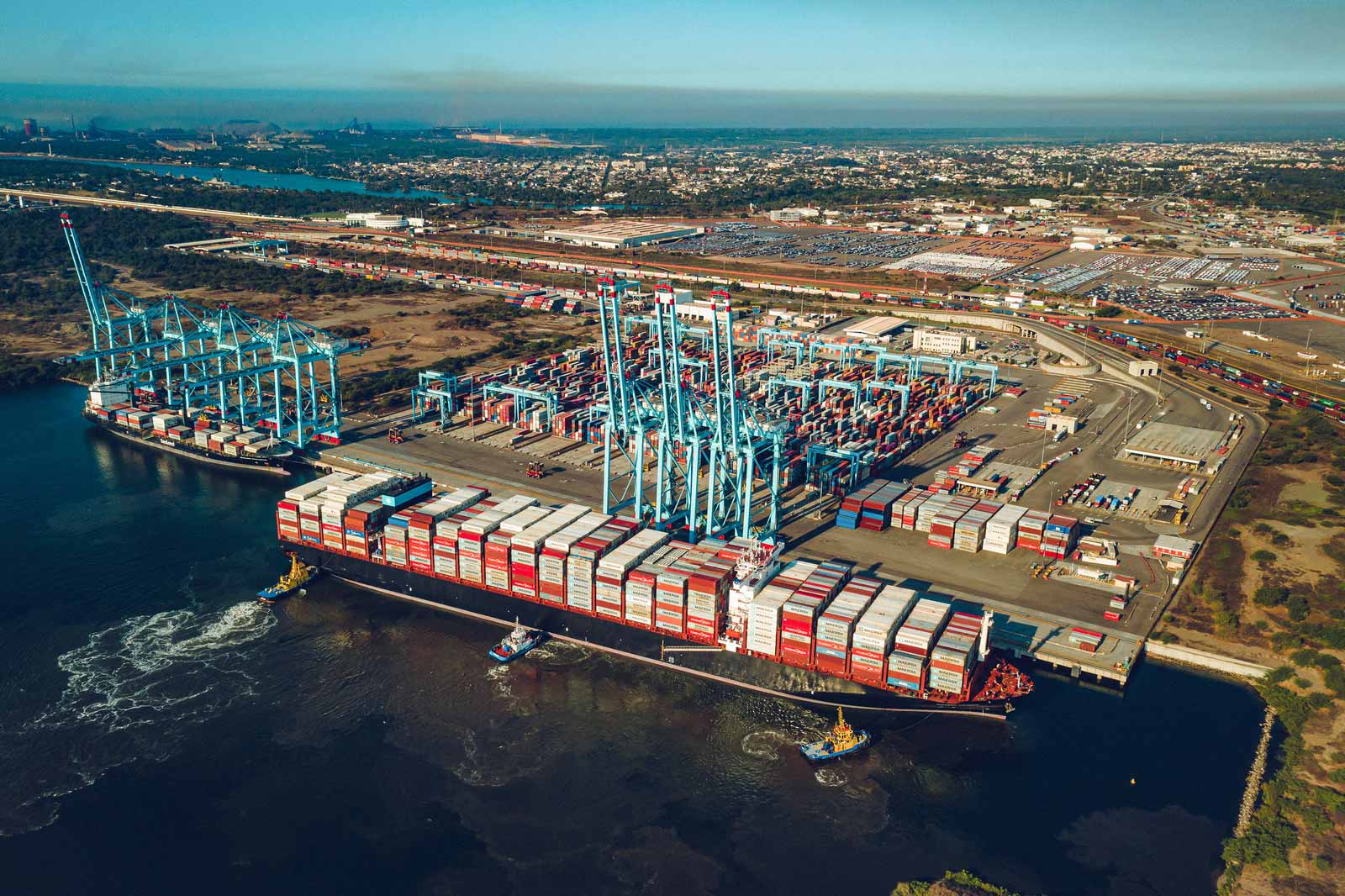
03/08/23
APM Terminals lifts the standard of customer connectivity with expanded API offering
In response to customer feedback, this month APM Terminals rolled out a new API which enables customers to track the schedules and key milestones for all vessels calling at a specific terminal. Furthermore, real-time API data connectivity was made available for an additional three terminals.
APM Terminals has offered a Vessel Schedule API for some years, however this was more suited to customers looking to track a specific vessel calling a terminal. The new Terminal Vessel Schedule enables customers to track all vessels calling a terminal, for up to one week in the past and two weeks ahead.
The Terminal Vessels Schedule provides customers with, among other things, real-time and reliable terminal Estimated Time of Arrival/Departure, Earliest Receiving Date, Cut-Off Times for different cargo types, vessel details and more.
Why use APIs?
APM Terminals’ innovative, industry-leading range of seven APIs enables customers to pull real-time container status, truck appointment and vessel data from its Terminal Operating Systems, into their own internal systems, such as a Logistics or Transport Management System (TMS). Developed in line with industry standards, they offer self-service, straight forward, one-time-only implementation.
Real-time data feeds remove the need to look up information manually via our existing Track & Trace channels, making this the ideal solution for shipping lines, inland transporters, cargo owners and managers, and data aggregators who process higher volumes.
The pricing structure of the new Terminal Vessel Schedule is particularly interesting for larger customers tracking a number of vessels as unlike the existing Vessel Schedule API, pricing is not per vessel called via the API, but for unlimited calls for a period of 30 days, for a specific terminal. As with the company’s existing range of APIs, API calls are purchased using API credits which can be bought in bundles. The larger the bundle, the lower the price per credit.
New Terminals
API connectivity was added for the company’s two Ports in India, APM Terminals Mumbai and APM Terminal Pipavav, as well as the Suez Canal Container Terminal (SCCT) in Egypt. SCCT support data for Vessel Schedules, Import Containers and Export Containers. The Indian terminals support data for Vessel Schedules, Import Containers, Container Event History and Empty Container Returns.
With these additional Terminals, APM Terminals now offer’s API connectivity for 22 of its terminals, with an additional five planned to be added this year.